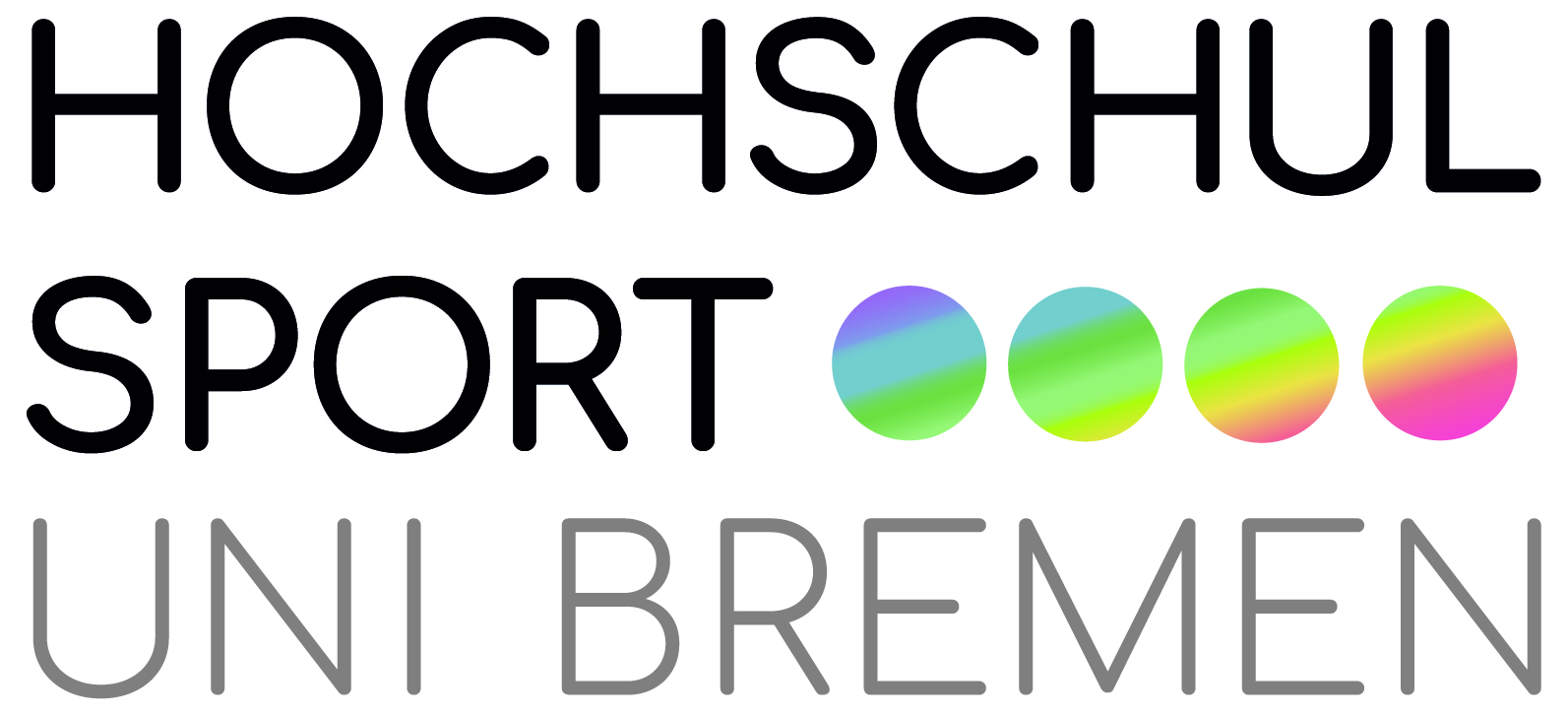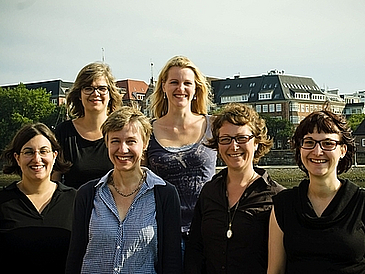How can sophisticated scientific literature be “translated” into easy-to-read everyday language that everyone can understand? How can people with learning difficulties be brought to read – and understand – complicated text books? These are questions being addressed by a team led by Simone Seitz, Professor of Inclusive Education in the Faculty of Pedagogical and Educational Sciences. A book on the topic, entitled “Inklusiv gleich gerecht?” [Inclusive same as equitable?], is to be published by Lebenshilfe-Verlag this July. The book, in easy-to-read language and without complicated sentences or Latin expressions, contains results of the 25th Annual Conference on Integration and Inclusion Research contributed by a total of 50 authors from Germany, Switzerland, Austria, England and Portugal. Its authors are treading new territory.
It is intended that the “research objects”, meaning disabled or disadvantaged people, will also be able to read for themselves about the relationship between educational equality of access and inclusion. That is the task that Prof. Simone Seitz and her co-authors Nina-Kathrin Finnern, Dr. Lisa Pfahl and Katja Scheidt set themselves. The book was first published in original form in 2012 by Klinkhardt-Verlag. The new book is a reworked edition, “translated” with the help of Bremen students. As a first step, the academic contributors were asked to submit an initial draft written in simplified language. Parallel to this, the students received training from the “Office for easy language” run by Lebenshilfe Bremen so they would be able to carry out further adaptations. Then, in a final step, an expert from the University of Innsbruck edited all the chapters once again. Now, for instance, in the new introduction to the book the term “inclusion” is explained: “The meaning of inclusion is: All persons are members of society. Nobody is excluded. All children must have access to normal schooling. All persons may choose for themselves the career they wish to pursue. All persons may also decide for themselves where they choose to live and with whom they wish to cohabit …”
Reworking the texts so they are easier to read turned out to be a win-win situation for everyone concerned, say the book editors. The students had to develop in-depth understanding of its contents: The authors were obliged to present their research clearly and concisely, and to provide easy to follow grounds for the results – without over-simplifying the content. Simone Seitz: “Looking back, I can say we have learned to see our own book through quite different eyes.”
The pending book is presented on the homepage of Bundesvereinigung der Lebenshilfe: http://www.lebenshilfe.de/de/buecher-zeitschriften/buecher/dateien/Ist-Inklusion-gerecht.php
If you would like to obtain further information, please contact:
Universität Bremen
Fachbereich Erziehungswissenschaften
Arbeitsgebiet Inklusive Pädagogik/Geistige Entwicklung
Prof.Dr. Simone Seitz
Phone: Office +49 421-218 69031
email: simone.seitzprotect me ?!uni-bremenprotect me ?!.de
http://www.fb12.uni-bremen.de/de/inklusive-paed-geistige-entw.html


